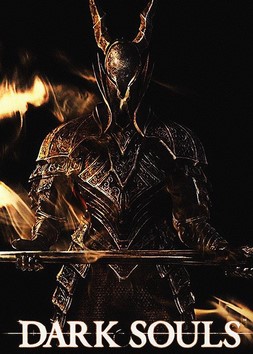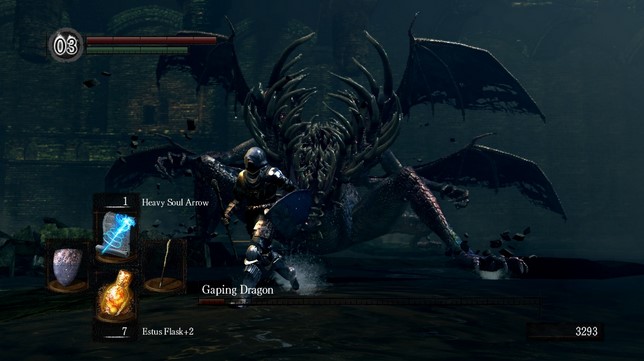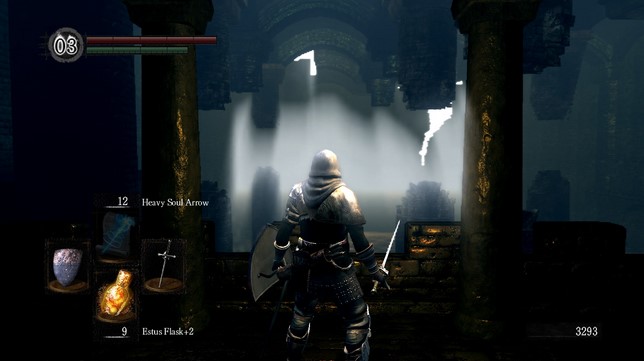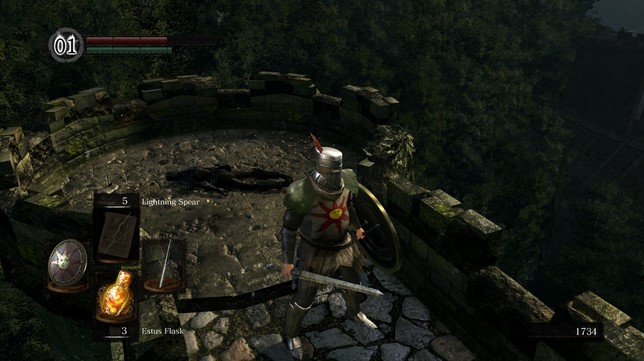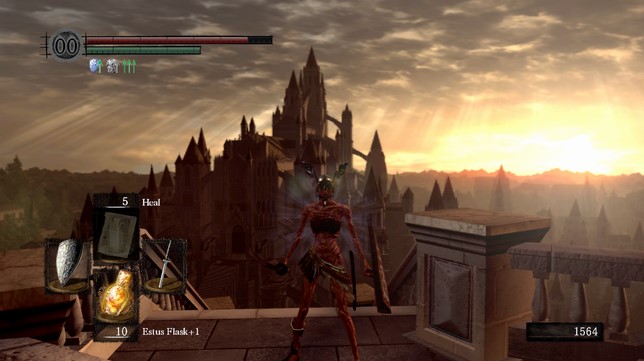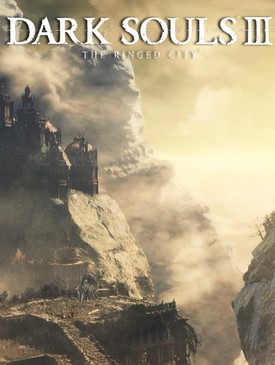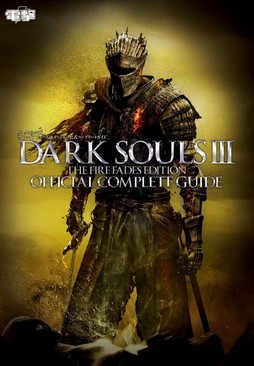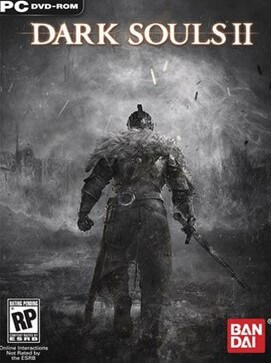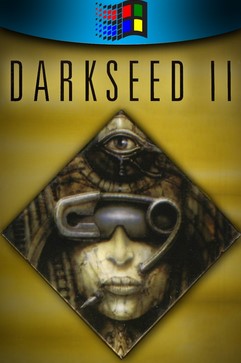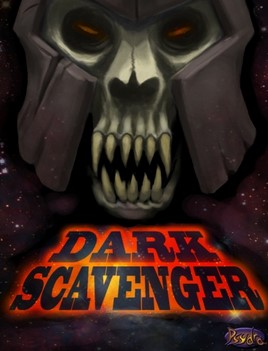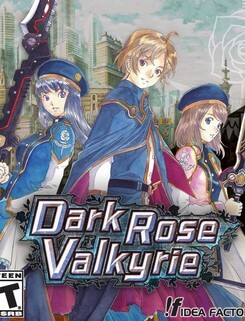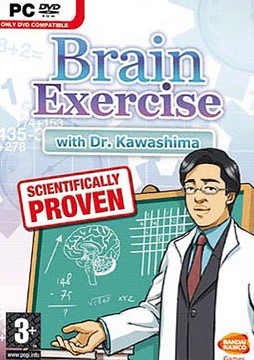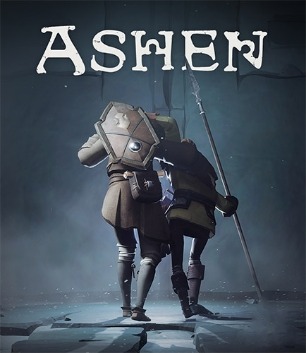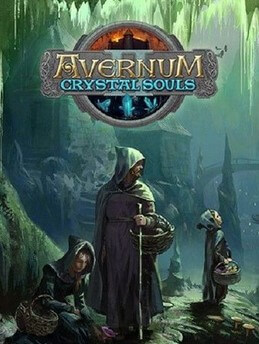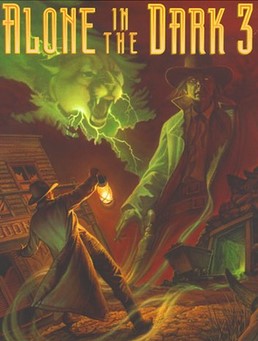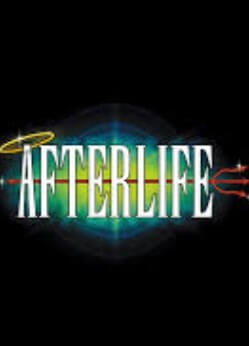A central element to the gameplay of Dark Souls is the bonfire. Bonfires are scattered throughout the world and serve as checkpoints for each level. By resting at a bonfire, the player character is healed to full and regains all of the healing charges of their "Estus Flask." They can also level up and perform other functions, such as attuning magic, and repairing and upgrading equipment. However, resting at a bonfire respawns as all of the world's enemies, except for bosses and friendly non-playable characters.
The player character's interaction with the world of Dark Souls includes a great deal of combat. Combat includes melee attacks, various forms of defensive maneuvering, and magical abilities. For melee attacks, player characters have access to a wide array of high fantasy, medieval-style weaponry—including swords, spears, maces, and more—as well as imaginary, fantastical weaponry—including magical swords, humongous greatswords, and immense clubs. For defense, player characters have access to shields, armor, dodge rolling, and parrying. For magic, which includes a wide variety of offensive and defensive abilities known as sorceries, miracles, and pyromancies, player characters do not use any form of mana as in most other fantasy RPGs - instead, they gain a discrete number of uses for each attuned spell when resting at a bonfire. These various forms of combat all have tradeoffs, variations, and in-game costs associated with them; and they can all be buffed or altered in some fashion through leveling, smithing, consumable items, magical rings, and new equipment.
Multiplayer
Another aspect of Dark Souls is the "humanity" system. There are two forms the player character can be in during the game, human form or hollow form. Whenever the player character dies in human form, they are returned to hollow form and can only have their humanity restored by consuming an item. The player character must be in human form to summon other players. While in human form, however, the player may be subjected to invasions by other players and non-player characters (NPC) who seek to kill the player to restore their humanity, harvest souls, or achieve some other goal. Humanity can be acquired in many ways, and if no humanity is available, players are still able to progress in hollow form.
Death (whether in human or hollow form) results in the loss of all carried souls and humanity, but players revive as hollows at their most recent bonfire with one chance at returning to where they died to recover all lost souls and humanity. If the player dies before reaching their "bloodstain," the souls and humanity they previously accrued are permanently lost.
Communication and interaction between players are deliberately restricted. Outside of five stockphrases (which can only be used after acquiring Gough's carvings in the game's DLC) and character gestures, the only other communication players have with one another comes by way of orange soapstones, which allow players to write limited messages that can be read by others in the same area. Also, players can enter cooperative or player versus player combat with each other.
Throughout the game, there are multiple NPCs that the player may encounter on their journey. These characters add to the plot of the game but are not essential. If the player does choose to engage with them, some of the characters can assist the player by being able to be summoned for certain boss fights when the player character is in human form.
Plot
Dark Souls employs minimalist storytelling to convey its plot and lore. Historical events in its world and their significance are often implicit or left to player interpretation rather than being fully shown or explained. Most of the story is given to the player through dialogue from non-player characters within the game, flavor text from items, and world design.
The opening cutscene establishes the premise of the game. Dragons once ruled the world. In this period, a man known as Gwyn happens upon an object known as the "First Flame" and finds the "Lord Souls." He and his allies use their power to defeat the dragons, which starts the Age of Fire. Over time, the flames begin to fade with the rise of humans, and Gwyn sacrifices himself to prolong the Age of Fire. With the flame artificially rekindled, the undead curse begins to plague humanity, causing some humans to resurrect upon death constantly.
The player character is a cursed undead, locked away in an undead asylum. After escaping the asylum, the player travels to Lordran to ring the Bells of Awakening. The bells awaken Kingseeker Frampt, who tells the player to ascend to Anor Londo. In Anor Londo, Gwynevere instructs the player to succeed Lord Gwyn and fulfill the prophecy. To accomplish this, the Lord Souls must be acquired from Gwyn's primordial allies and returned to the flame. Optionally, the player may encounter Darkstalker Kaathe who encourages the player not to link the fire but to let it die out and usher in the Age of Dark instead. Once the player acquires the Lord Souls, they travel to the Kiln of the First Flame to battle Gwyn. Once Gwyn has been defeated, the player has the choice of linking the flame to preserve the Age of Fire, or letting it die out to instigate the Age of Dark.
